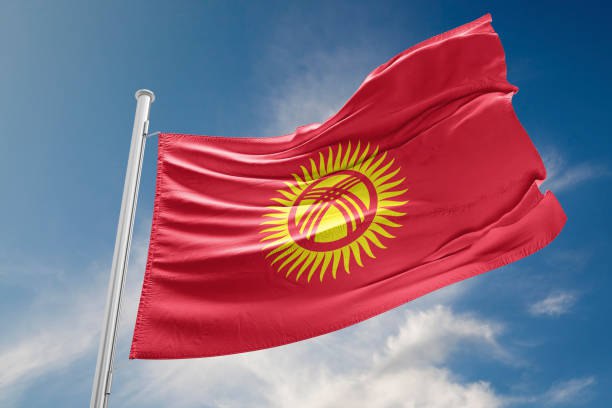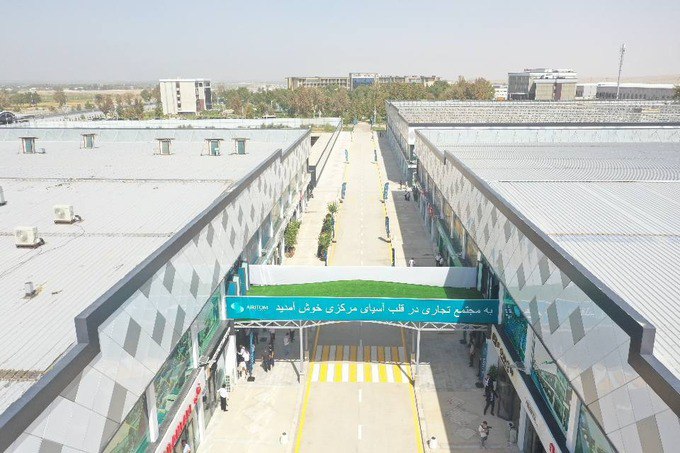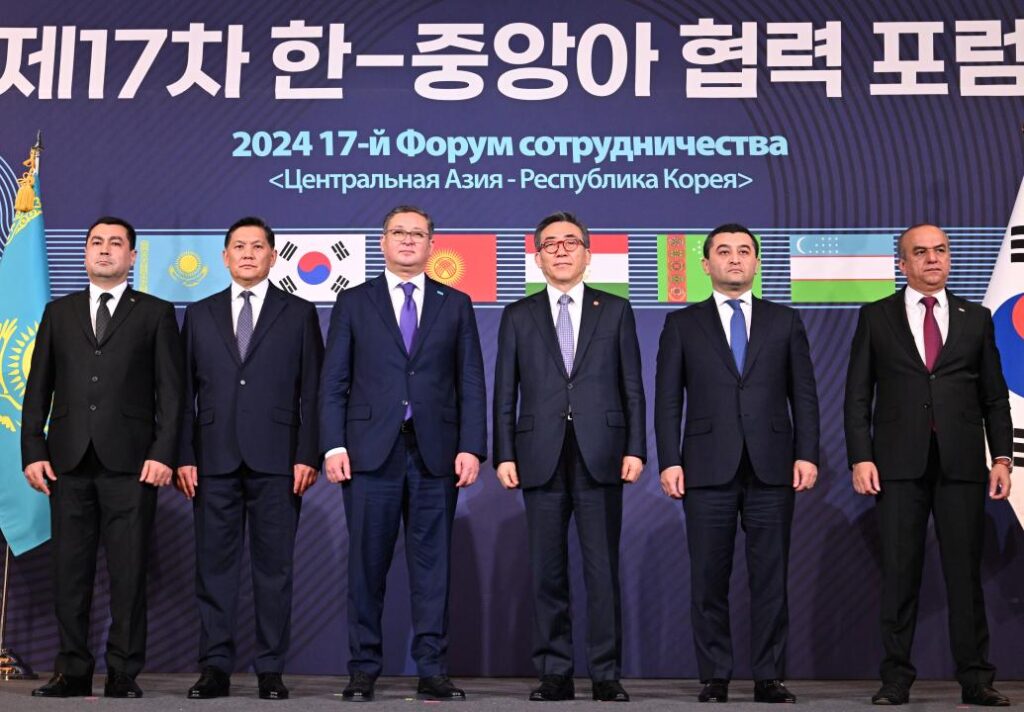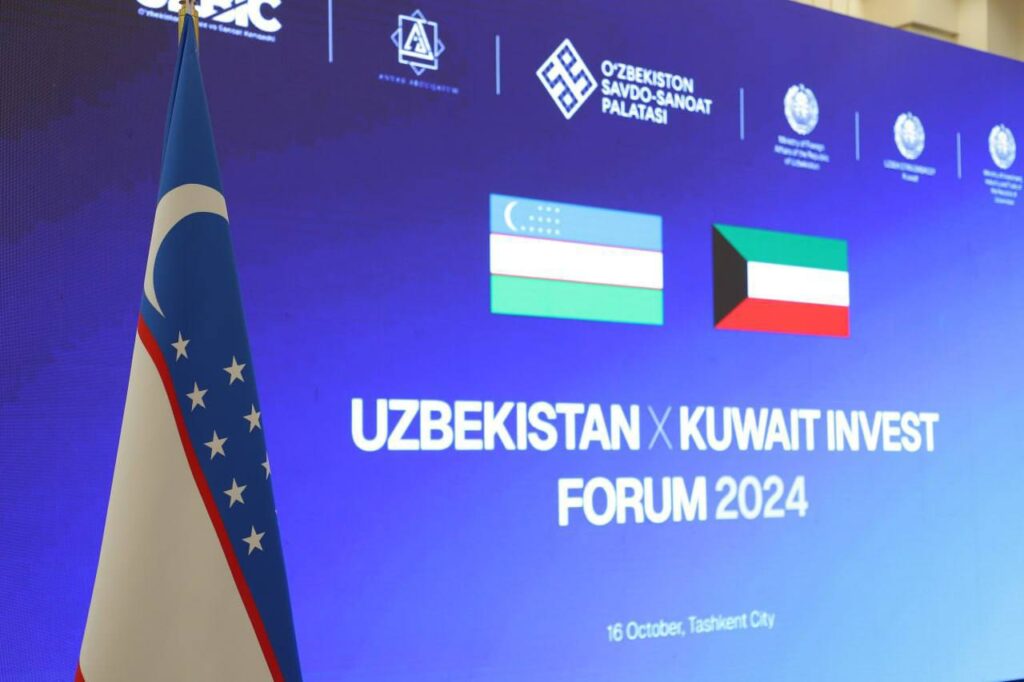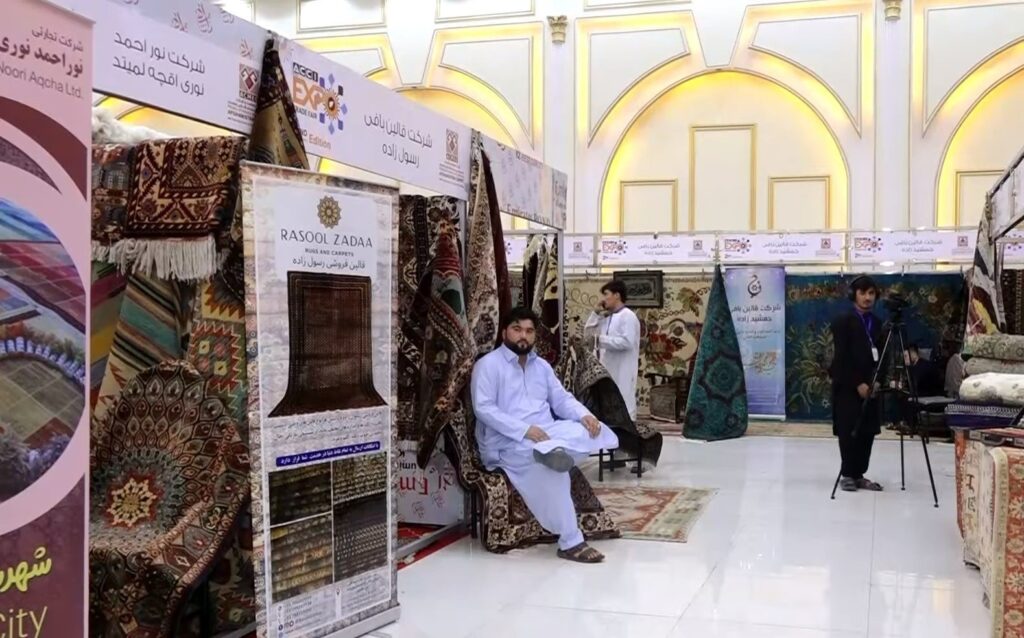‘Made in Kyrgyzstan’ Program Aims to Boost Exports and Strengthen Global Presence
Kyrgyzstan’s Ministry of Economy and Commerce has launched the National Export Program "Made in Kyrgyzstan" for 2025-2028. Coordinated by the Kyrgyz Export Center, the initiative aims to help domestic producers access international markets, enhance the country’s export potential, and establish the “Made in Kyrgyzstan” brand as a recognizable symbol abroad. Program Goals and Priorities The program focuses on increasing Kyrgyzstan’s export volumes and foreign trade revenues by strengthening the position of Kyrgyz-made goods in global markets. It prioritizes key industries, including textiles, food, jewelry, and halal products, with the goal of making Kyrgyz exports more competitive internationally. To achieve these objectives, the program will: Support local entrepreneurs by promoting participation in international exhibitions and trade fairs. Facilitate access to financing and preferential loans for exporters. Streamline bureaucratic processes to expedite export procedures. Ensure domestic products meet international quality standards and certification requirements. Additionally, the program emphasizes increasing the export of high value-added goods and diversifying Kyrgyzstan’s export portfolio to reduce its negative foreign trade balance. Foreign Trade Trends According to the National Statistical Committee, Kyrgyzstan’s foreign trade turnover for January - October 2024 totaled $13.4 billion, marking a 6.4% increase compared to the same period in 2023. However, the trade balance remained negative, with exports accounting for 23.3% and imports for 76.7% of the total turnover. Key highlights include: Exports: Grew by 25.2% to $3.1 billion, largely driven by gold exports, which made up 34.1% of the total. Excluding gold, exports reached $2.1 billion, an increase of 21.9%. Imports: Rose by 1.8%, amounting to $10.3 billion. Trade with member states of the Eurasian Economic Union (EAEU) - Armenia, Belarus, Kazakhstan, and Russia - amounted to $4.2 billion, a 13.7% increase. Russia (71.8%) and Kazakhstan (26.4%) remained Kyrgyzstan’s largest trading partners within the EAEU. Meanwhile, trade with countries outside the EAEU reached $9.2 billion during the same period. Strengthening Export Potential The "Made in Kyrgyzstan" program aspires to boost exports of diversified, high-quality products while addressing the country’s trade deficit. By empowering local businesses, improving export infrastructure, and fostering global competitiveness, the initiative represents a significant step forward for Kyrgyzstan’s economic growth and international trade ambitions.
